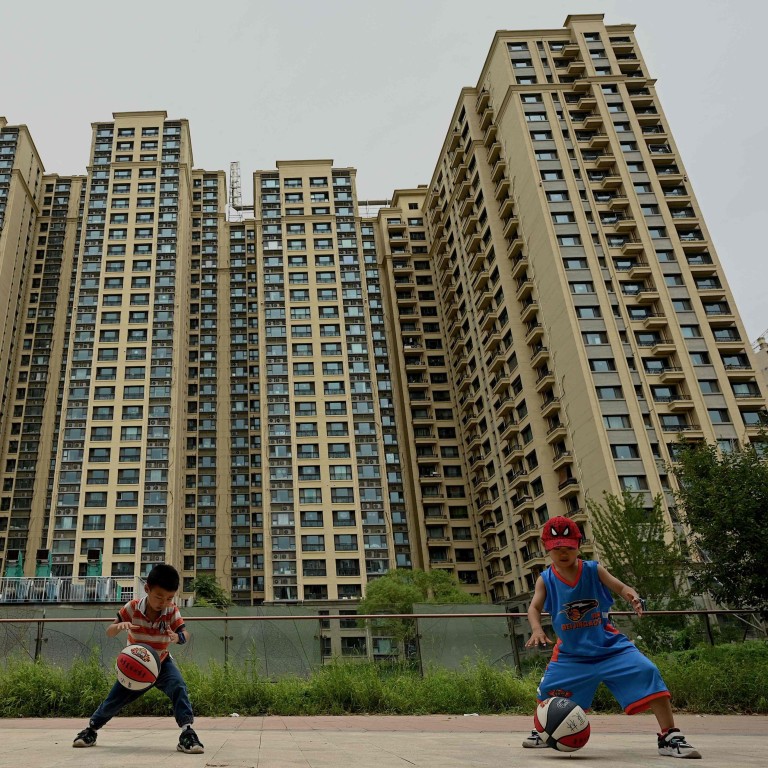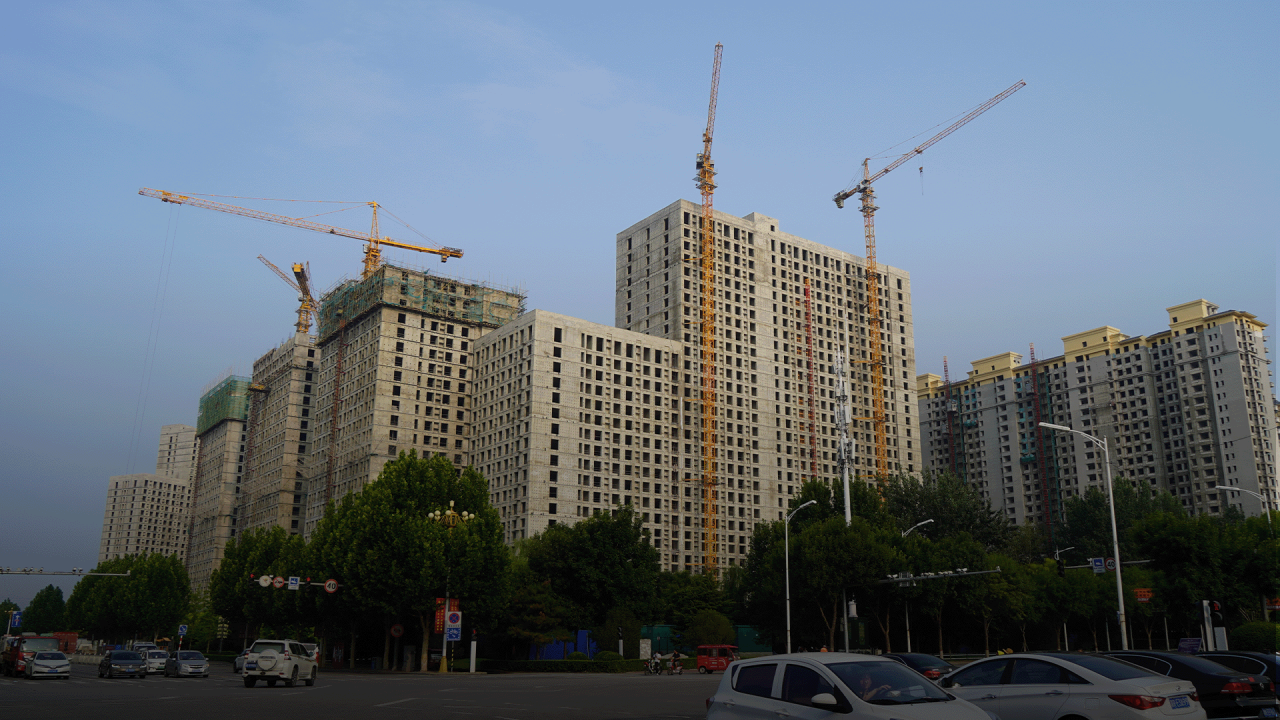
The solution to China’s property crisis: nationalise indebted developers and bring back social housing
- Beijing plans to bail out the country’s beleaguered developers and ensure unfinished homes are completed, but this won’t solve the crux of the problem
- In the long term, a Singapore-style social housing model could address the dearth of affordable homes in major cities and reform a sector driven for too long by profit
A growing contagion of China’s real estate developers face liquidity crunches. More than half of listed developers reported losses in the first half of this year. And Evergrande failed to come up with a preliminary restructuring plan by the end of last month.
At the root of such failures is an over-reliance on the market to provide housing. Before economic reforms, most people lived in housing provided by their danwei (work unit).
After policy changes in 1998, danwei housing was phased out. The new housing policy was initially anchored in social housing, but over time, private housing came to dominate the market.
However, local governments are still responsible for the delivery of unfinished projects, and it is unclear where they will get the financial resources needed. Their addiction to land-based financing is the root of the mess today.
It is time to take another look at the unsustainable central-local fiscal imbalance – where local governments are tasked with a disproportionately high share of fiscal responsibility compared to their allocated share of tax income. They have few options other than land-based financing to close the fiscal gap.
In the meantime, Beijing must step in, both for immediate relief, and to set the course for longer term solutions.
Some of the unfinished units, upon purchase by the rescue fund, may indeed be rented out. But this does not address the crux of the problem. Most of the unfinished units affected by the mortgage strikes are in Henan, Hunan, Hubei, Hebei, Shaanxi and Guangxi – not the regions with the tightest housing supply.
Such “rescues” will not address shortages in major cities like Beijing or Shanghai. They will mainly moderate the pains from past excesses without addressing the underlying imbalances.
Moreover, unlike in some Western countries, few people want to rent for life in China. Renting is but transitional. The long-term solution is Singapore-style owner-occupied social housing.

There is no shortage of state-owned property developers, either at the national, provincial or local level. But they behave no differently from private developers, being primarily profit-driven.
China may not be ready for something of the scale and influence of Singapore’s Housing and Development Board. To start with, Beijing can build a new breed of “social enterprises” whose primary objectives in property development are social rather than profit-oriented.
Instead of building from scratch, Beijing could use financially distressed real estate developers with good skills and networks as the kernel for such initiatives.
Such “nationalisation” need not be complete. There may still be significant private shareholders, particularly for publicly listed companies. They can still pursue commercial projects. Social housing would be developed at a reasonable profit, with local governments as clients or co-developers.
Beijing is no longer among the top three destinations for new graduates in China, even as it remains the second-best city for job opportunities. Among the factors discouraging new graduates is the shortage of affordable housing in Beijing.
Beijing cannot rely upon local governments to provide adequate social housing, as it would distract from the land revenues they may obtain from market housing. As social housing is misaligned with the short-term fiscal incentives of local governments, only a few well-resourced and farsighted local governments can make such investments.
No one is arguing for an entirely centrally-planned housing supply. Yet in view of market failures and misaligned local incentives, the central government has a role to play in social housing – all the more important as an instrument of regional development in guiding talent flow. Instead of mere firefighting, Beijing could make use of the current crisis to make a turn towards social housing.
Winston Mok, a private investor, was previously a private equity investor


